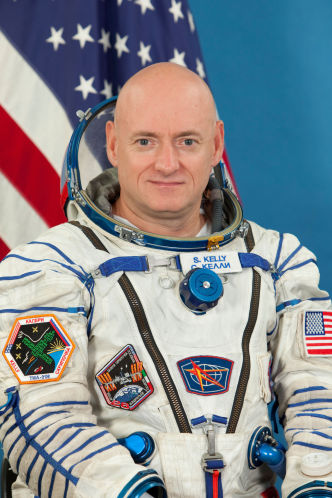Astronaut returns home from longest space mission

After spending 340 days in space, NASA astronaut and Expedition 46 Commander Scott Kelly and his Russian counterpart Mikhail Kornienko returned to Earth on March 2. Kelly and Kornienko underwent a series of scientific studies to provide new information to further NASA’s development toward ultimately landing an astronaut on Mars. Having spent nearly one whole year aboard the International Space Station, Kelly now holds the NASA record for the longest single stay in space, in addition to most time spent in space overall with 520 days in total over the course of four missions. During his mission, Kelly participated in three spacewalks, in which he ventured outside the space station to complete a variety of station upgrade and maintenance tasks.
“Scott Kelly’s one-year mission aboard the International Space Station has helped to advance deep space exploration and America’s Journey to Mars,” said NASA Administrator Charles Bolden. “Scott has become the first American astronaut to spend a year in space, and in so doing, helped us take one giant leap toward putting boots on Mars.”
Working in collaboration with the Russian space agency, NASA conducted several scientific investigations on Expedition 46 to further its studies on how an extended period of time in space affects the human body, including how the body adjusts to weightlessness, isolation, radiation, and a variety of other factors. One experiment in particular examined fluid shift in the body and how weightlessness in space can affect the movement of water from the lower body toward the head, increasing pressure in the skull. This could affect the shape of the eyeball, thus potentially hindering vision capabilities. While on the expedition, Kelly grew approximately two inches taller. This is a common occurence for astronauts as a result of spine elongation in space, but will eventually wear off after returning to Earth.
“I think the success of this expedition is really exciting for NASA,” said sophomore Mia Medrano. “The possibility of humans landing on another planet is definitely something worth working toward.”
Although there have been no announcements of plans for another year-long space mission in the near future, the data collected on Expedition 46 is currently being utilized to further the possibility of more space travel, and potentially, a trip to Mars.
Your donation will support the student journalists of Calabasas High School. Your contribution will allow us to purchase equipment and cover our annual website hosting costs.






